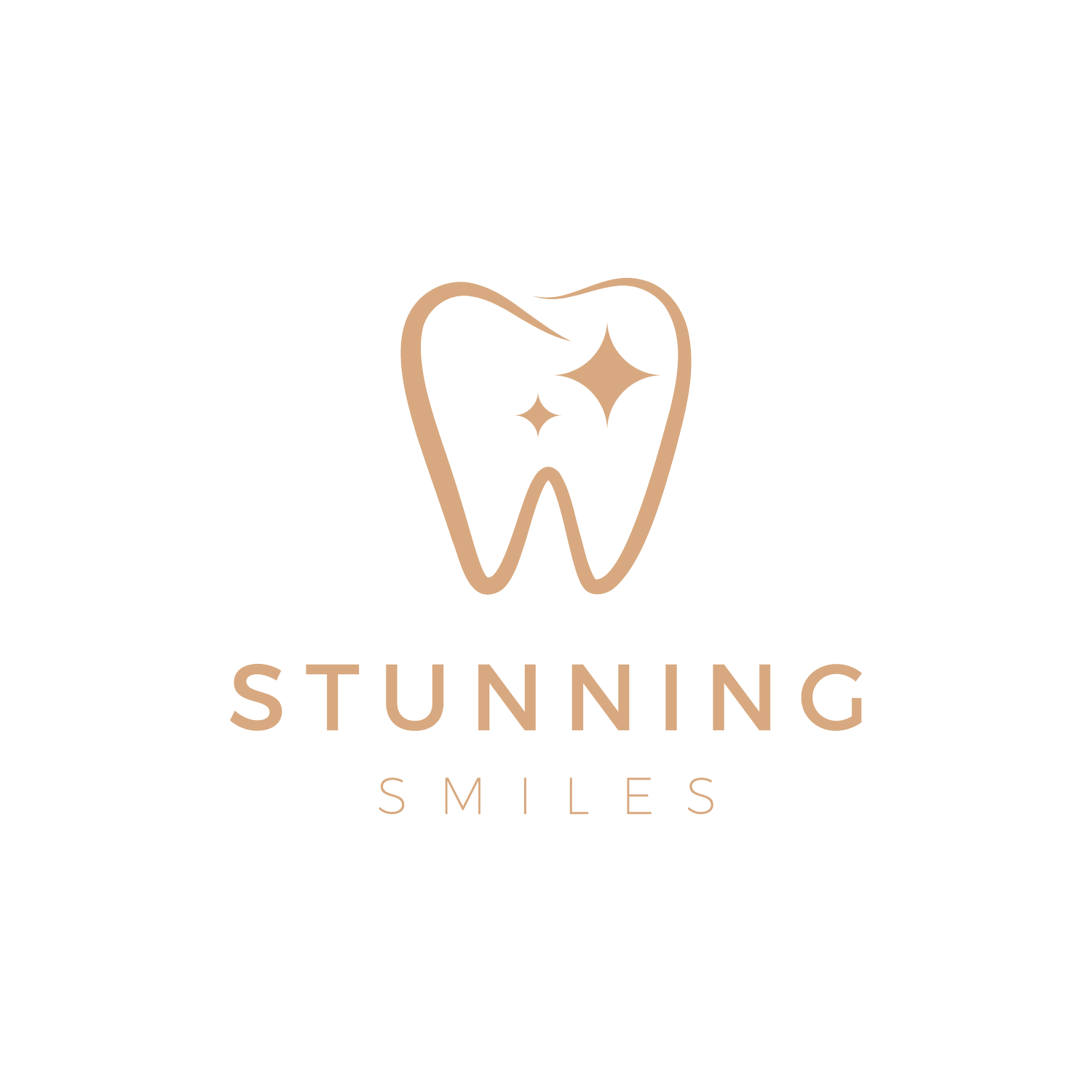The Risks of DIY Teeth Whitening: Why Trusting Professionals Matters
In the quest for a gleaming, Hollywood-worthy smile, many individuals turn to over-the-counter teeth whitening products in hopes of achieving quick and easy results. While the allure of brightening your smile at home may seem tempting, it's crucial to understand the potential risks associated with using whitening products that are not recommended or supervised by dental professionals. From questionable manufacturing processes to harmful ingredients, the dangers of DIY teeth whitening cannot be overstated.
Understanding the Manufacturing Process:
The manufacturing processes of teeth whitening products vary widely, especially between those produced by reputable dental professionals and those found on store shelves or online marketplaces.
1. **Professional Grade Products:** Teeth whitening products recommended by dental professionals undergo rigorous testing and adhere to strict quality standards. These formulations are carefully crafted to deliver safe and effective results while minimizing the risk of enamel damage and tooth sensitivity.
2. **Non-Professional Products:** Conversely, many over-the-counter whitening products are mass-produced without the same level of scrutiny or oversight. This can result in inconsistencies in ingredient concentrations, inadequate safety testing, and inferior quality control measures. As a result, using these products can pose significant risks to oral health.
Potential Dangers of DIY Teeth Whitening:
1. **Enamel Damage:** One of the most concerning risks associated with DIY teeth whitening is enamel damage. Some over-the-counter products contain abrasive ingredients or excessively high concentrations of whitening agents at low pH, which can erode the protective enamel layer of the teeth. Once enamel is compromised, it cannot be regenerated, leaving the teeth vulnerable to sensitivity, decay, and discoloration.
2. **Tooth Sensitivity:** Overuse or misuse of whitening products can lead to increased tooth sensitivity, causing discomfort or pain when consuming hot, cold, or acidic foods and beverages. This sensitivity occurs when the whitening agents penetrate too deeply into the tooth structure, irritating the nerves within the teeth.
3. **Gum Irritation:** Harsh chemicals found in DIY whitening products can also irritate the delicate tissues of the gums, leading to inflammation, redness, and even gum recession in severe cases. Prolonged exposure to these irritants can compromise gum health and increase the risk of periodontal disease.
4. **Uneven Results:** Without professional guidance, individuals may not achieve the desired level of whitening or may experience uneven results. This can occur due to improper application techniques, inadequate product coverage, or variations in tooth coloration.
The Importance of Professional Guidance:
When it comes to teeth whitening, trusting the expertise of dental professionals is paramount. Dentists, OHT’s and dental hygienists have the knowledge, training, and experience to recommend safe and effective whitening treatments tailored to each individual's unique needs.
1. **Customized Treatment Plans:** Dental professionals can assess the underlying causes of tooth discoloration and recommend personalized whitening solutions that address specific concerns while safeguarding oral health.
2. **Supervised Treatment:** Under the supervision of a dentist, in-office whitening treatments or take-home kits provided by dental professionals are carefully monitored to ensure optimal results and minimize the risk of complications.
3. **Professional-Grade Products:** Dental-grade whitening products used by professionals are formulated with high-quality ingredients and undergo stringent quality control measures, providing peace of mind and superior outcomes.
While the allure of DIY teeth whitening may be tempting, the potential risks far outweigh the perceived benefits. From enamel damage and tooth sensitivity to gum irritation and uneven results, using whitening products without professional guidance can have serious consequences for oral health.
Instead of taking chances with unregulated products, entrust your smile to the care of dental professionals who prioritize safety, efficacy, and patient satisfaction. By seeking professional guidance and using dental-grade whitening treatments, you can achieve a brighter, more radiant smile without compromising your oral health in the process.
Remember, a healthy smile is a beautiful smile—choose professional care for safe, effective, and long-lasting results. Your teeth will thank you for it!

